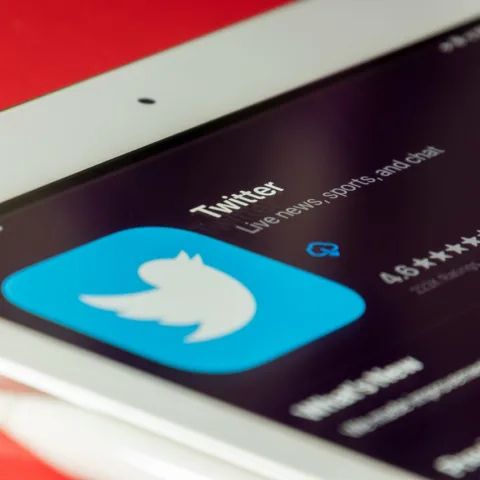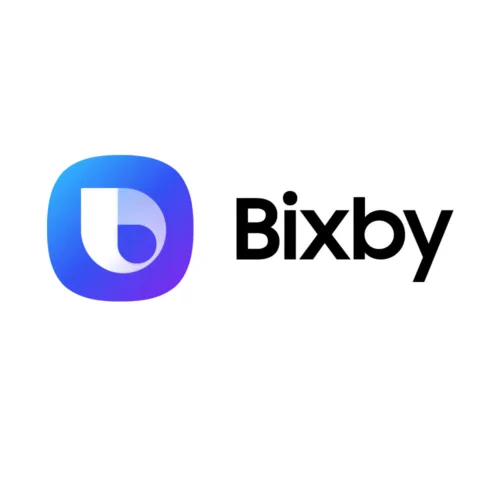 Facebook and Twitter have becomes a phenomenon. Their number of users grows so fast not only in western world but also to the farthest corner of the world. Indonesia, triggered by Friendster’s popularity adopts Facebook so easily that it beats Friendster total number of users. This social network adoption becomes goldfield not only for Facebook and Twitter but also for telecommunication companies.
Facebook and Twitter have becomes a phenomenon. Their number of users grows so fast not only in western world but also to the farthest corner of the world. Indonesia, triggered by Friendster’s popularity adopts Facebook so easily that it beats Friendster total number of users. This social network adoption becomes goldfield not only for Facebook and Twitter but also for telecommunication companies.
The Telcos use this opportunity wisely to sell internet data packages for Facebook and Twitter users. Now their advertisement not only sell SMS and airtime (phone) but also internet packages including Facebook, Twitter, email, and chatting. And we can say that these campaigns work splendidly in getting new customers by offering affordable packages for Facebook-ing. Several new Telcos are fighting for the top place as mobile internet provider by offering affordable monthly subscription and fast internet network.
And like we can already tell, triggered by wanting to connect to Facebook and Twitter, new users are popping out. You can see from a diagram I took from Frost & Sullivan research report below.
From the diagram above you can see subscriber growth during the 2007-2010 period was relatively high, bringing more users for the Telco company. Are Facebook and Twitter 100% responsible for this increase? Certainly not 100%, but it seems safe to assume that most of this increase was triggered by the popularity of Facebook and Twitter.
But from the same report from Frost & Sullivan, revealed the fact that this growth was not accompanied by the increasing number of revenue from the Telco itself. Although the number of subscribers increased rapidly, the intense competition has made Telco to implement competitive pricing strategies, and the ARPU (Average revenue per user) decreased from trying to get new users.
 Before there was the phenomenon of declining ARPU due to the Internet, it had been seen before that ARPU was declining due to inter-Telco competition to lowering prices and providing free services to its customers. This made the Telco company try to find other sources of revenue than airtime and SMS, and unfortunately by selling internet data packets was as competitive and did not generate significant revenue for the Telco (though it is still growing).
Before there was the phenomenon of declining ARPU due to the Internet, it had been seen before that ARPU was declining due to inter-Telco competition to lowering prices and providing free services to its customers. This made the Telco company try to find other sources of revenue than airtime and SMS, and unfortunately by selling internet data packets was as competitive and did not generate significant revenue for the Telco (though it is still growing).
From this data it can be seen that Facebook and Twitter is now a commodity to sell for the Telco companies, but has not successfully generate significant revenue. As a result, telco began to seek alternative revenue such as selling content, mobile ad platforms, and even some Telcos already started investing in tech-startup companies which they incubate to later produce content services for the telco customers. And there are some which also made the mobile-payment gateway to be able to take a sizable niche of potential e-commerce which is still growing in Indonesia.
The last possibility seemed quite potential to bring in revenue, but once again it all depends on the differentiation and competition with similar services. How is your analysis? What kind of future would the telco business have in Indonesia? We wait for your comment below.
Translated by Nita Sellya.












